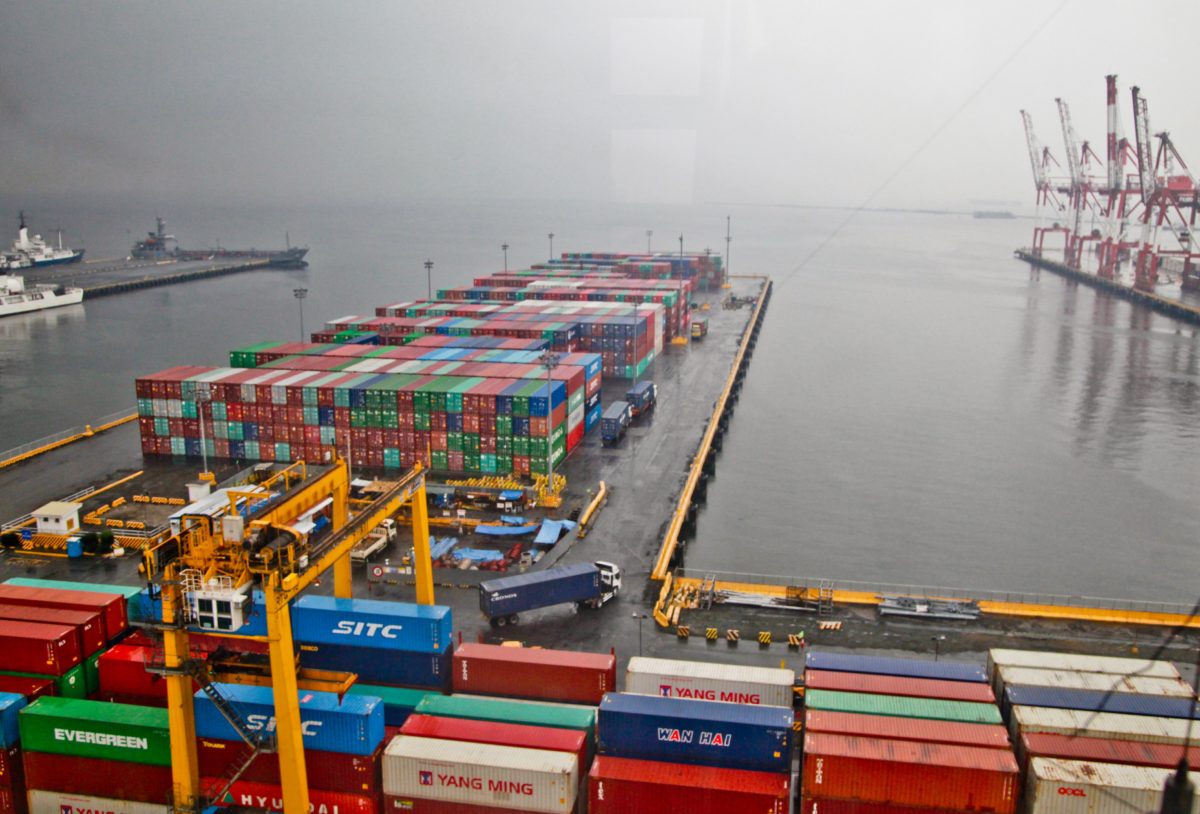
Most of today’s shipping containers are made of steel. But these traditional shipping containers come with a number of issues that can be hazardous to the supply chain process. Smart shipping container companies claim to overcome common barriers by using revolutionary technology to improve visibility and elevate the reliability of the supply chain.
Smart containers may use blockchain, artificial intelligence, the Internet of Things, or a combination of technologies. This has the potential to redefine the shipping industry by providing more visibility to all stakeholders. We are yet to see the full results, but current information provides a positive outlook on what could be a new and improved supply chain. Here are some of the core benefits that smart container companies claim to offer.
INNOVATIVE TEMPERATURE CONTROL SYSTEMS
The Sweden-based Smart Containers Group is looking to revolutionize the logistics industry. The startup claims it’s providing an alternative to traditional steel shipping containers. According to their website, the Smart Containers Group provides “the safest temperature-controlled containers to transport sensitive pharma goods and food around the world.”1 The website also says “Smart Containers develops, builds and rents out air freight containers for medicine & food transports. We combine cutting-edge technology and IoT sensors in a logistics ecosystem on blockchain”.1
This methodology and technology would be useful since steel shipping containers have limited control over temperature based on unpredictable weather patterns, delays and more. This lack of control introduces precarious circumstances for food and pharmaceutical transportation that demand bulletproof protection. The Smart Containers Group’s autonomous temperature control helps to mitigate this danger while saving companies money, too.
REAL-TIME MONITORING SYSTEMS
TRAXENS is a company that uses patented technology so shipping containers can be tracked in real-time. “The technology will enable supply chain managers to know in real-time not only a container’s position, but also its temperature, the vibrations it will be subjected to, any attempted burglary, the presence of traces of specific substances in the air or even the regulatory status of the cargo”.2
Real-time technology is beneficial since the ebb and flow of the supply chain tends is often interrupted. Smart containers can offer more visibility with its real-time technology. This is of substantial importance as shipping containers are often shipped off schedule. Real-time technology would help stakeholders plan around early or late containers so they could create strategies to counteract regular burdens of the supply chain process, according to JOC.com.
“When shippers say they want visibility, what’s important isn’t the location of a container at any given point, but instead knowing when a ship will arrive late and by how much, and as early as possible.
That second area — the predictive aspect of knowing when a ship is likely to arrive — is virtually impossible for a shipper to gather if it’s relying solely on information provided by the vessel operator. Those predictions are made using an array of data points, of which the carrier can only provide some”.3
BURGLARY DETECTION AND MORE
With the limited technology of traditional shipping containers, it’s difficult to detect unwanted predators. But the Internet of Things smart container company, Loginno, borrows ideas from Israeli military applications including acoustics detectors that sense vibrations, footsteps and more. This application can help handlers detect incidents such as burglary attempts.4
This technology offers additional benefits. Since it can monitor when and where containers are opened, moving through customs can be easier. Replacing the need for “physical seals on cargo with software certifications or cyber seals”4 also “ties in with the ideas of frictionless borders, maintaining effectiveness of customs operations while making voyages between borders and checkpoints as smooth and efficient as possible by removing the need for manual checking and allowing so-called green lanes to be created for untouched containers”.4
Acoustic detectors provide insurance companies with information of which parties are responsible for any mishaps. “For example, it will be easy to know at a glance which boxes require special handling or contain hazardous or fragile materials, and which boxes require storage below deck or above deck.”4
Smart containers look to provide several benefits to stakeholders associated with the logistics industry. As an example, when looking to TRAXENS, “the technology will enable supply chain managers to know in real-time not only a container’s position, but also its temperature, the vibrations it will be subjected to, any attempted burglary, the presence of traces of specific substances in the air or even the regulatory status of the cargo”.2
Smart containers are also about consumers too. In a world that demands rapid delivery, the reliable services provided by smart containers would likely revolutionize the logistics industry by setting the stakes higher than ever before.
Cited works
1″About Us.” Smart Containers. Accessed July 11, 2019. https://www.smartcontainers.ch/about-us.
2Burnson, Patrick. “‘Smart’ Containers Signal Another New Trend – Supply Chain 24/7.” Supply Chain 24 7. Accessed July 10, 2019. http://www.supplychain247.com/article/smart_containers_signal_another_new_trend/intermodal.
3″Shippers Too Reliant on Container Lines for Tracking.” International Trade Logistics Technology: Real-time Cargo Data Unlikely to Come from Carriers. January 14, 2019. Accessed July 11, 2019. https://www.joc.com/technology/real-time-cargo-data-unlikely-come-carriers_20190114.html.
4″How Smart Containers Could Cut Costs and Facilitate Frictionless Borders.” Riviera Maritime Media. Accessed July 10, 2019. https://www.rivieramm.com/opinion/how-smart-containers-could-cut-costs-and-facilitate-frictionless-borders-54006.
